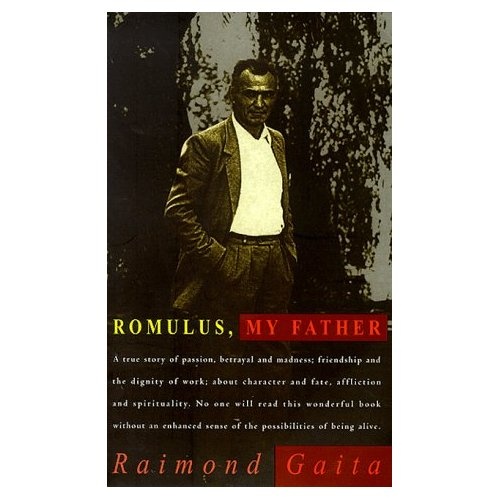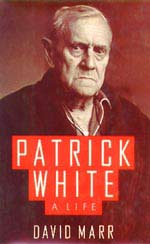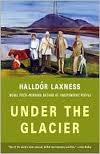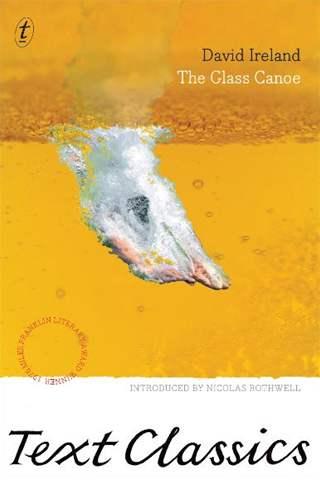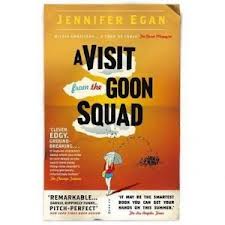No, this not an Asimov book review, but a curiously titled book from the mysterious and deceased German expatriate W.G Sebald. He is one of the few writers that when reading I find myself subconsciously slowing down to make it last longer. It surprises me that he is so popular in the literary world since he writes quite simply, includes plenty of photos in his books and is translated from his native German, something in my experience often adds a dry quality to the work….not that I am any expert. His books combine some of my favourite themes over the last few years…history, travel and memory, all of which are woven into an anthology of strikingly diverse topics. You really don’t know what you’re about to discover next. I sometimes think he Sebald is the person I would like to become when I retire from work one day. What he shame he died so tragically of a car accident in 2001 at the age of only 57.
This time around he walks south through Suffolk (UK) exploring its history and forgotten places, visiting an enviable series of colleagues. I found myself getting out an old Readers Digest A3 sized Atlas and charting his course in East Anglia. It seems I like each of his books more than the last, enjoying the photos which breathe mystery and mood into the text. Can’t wait for his next one already – going to try The Immigrants this time. The Times review on the cover calls him a 21st century Joyce which I found surprising since the 50 pages of Ulysses I struggled through were baffling and because he died 1 year into the 21st century. Guess I should give Joyce another shot. 4.5 stars.

